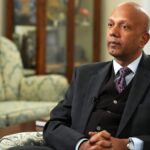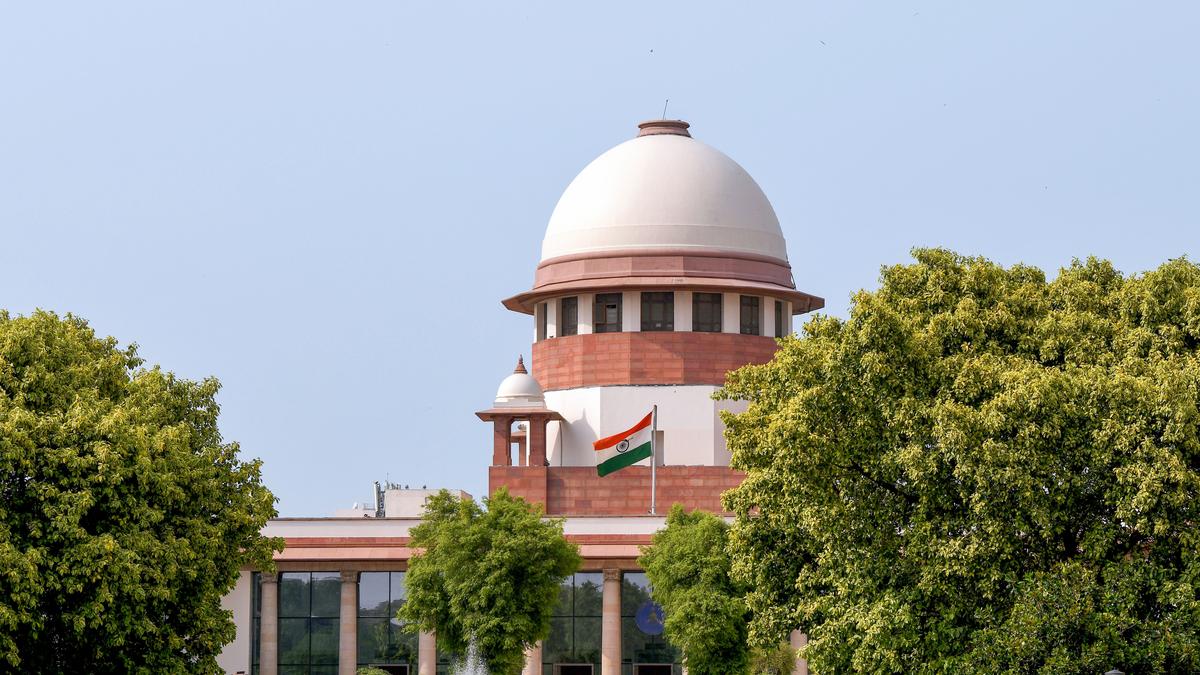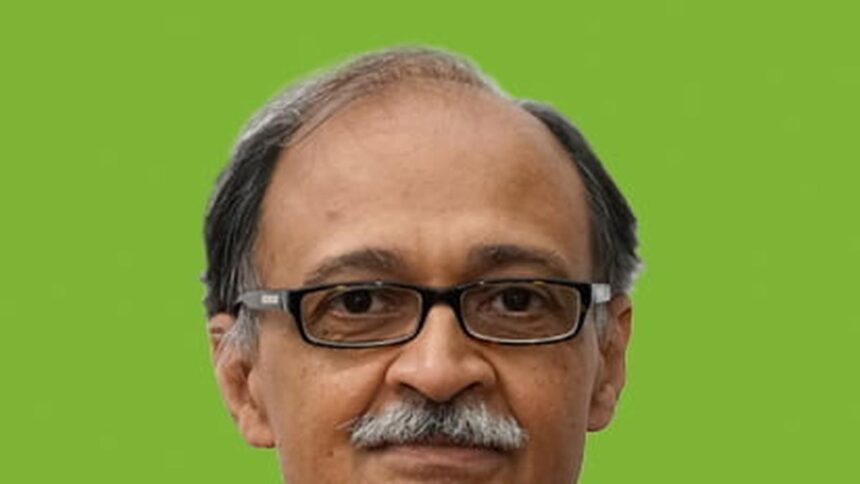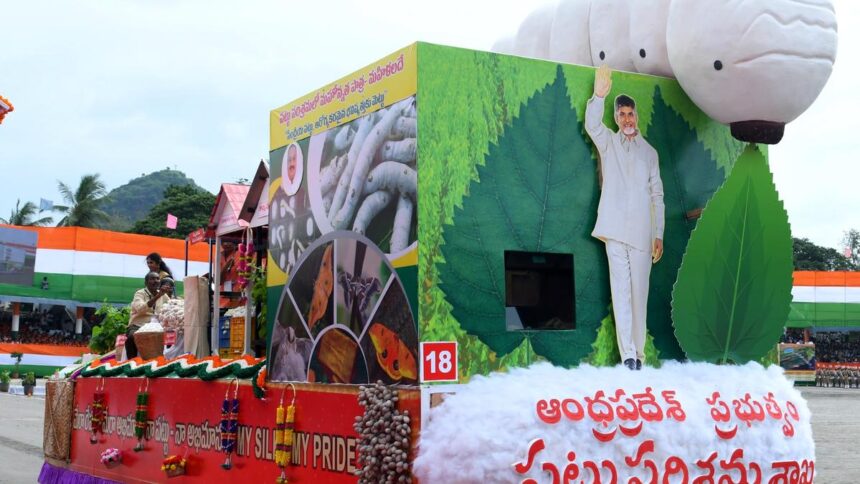
A view of the Supreme Court of India, in New Delhi. File
| Photo Credit: ANI
The Supreme Court has taken suo motu case of the summons issued by the Directorate of Enforcement (ED) to senior advocates for their legal advice to clients.
The case is listed for hearing before a three-judge Bench of Chief Justice B.R. Gavai, Justices Vinod K. Chandran and N.V. Anjaria on July 14, the first working day after summer vacations.
The apex court bar associations had earlier written to Chief Justice Gavai on the ‘chilling effect’ the summons had on the independence of the legal profession, and eventually the entire justice administration process.
Senior advocates Arvind Datar and Pratap Venugopal had recently received ED summons for their professional advice to a client. The ED had later withdrawn the summons.
On June 25, the apex court had deprecated investigating agencies for directly summoning lawyers in relation to professional advice or help provided to their clients, saying the practice would imperil the autonomy of the legal profession.
The court at the time was dealing with a plea of a Gujarat-based advocate who was summoned by the police after securing bail for his client in a loan dispute case. The High Court had stayed the summons.
“This is not just about one lawyer. It is about protecting the legal system. Such summons are prima facie untenable,” the court had noted.
“What is at stake is the efficacy of the administration of justice and the capacity of the lawyers to conscientiously, and more importantly, fearlessly discharge their professional duties… Permitting investigating agencies/police to directly summon defense counsel/advocates who advice parties in a given case would seriously undermine autonomy of legal profession and would even constitute a direct threat to independence of administration of justice,” a Bench headed by Justice KV Viswanathan had observed.
The court had further framed two questions to consider, including whether probe agencies could directly summon and question lawyers on the professional advice rendered to their clients. Even if the role of an individual was more than that of a lawyer, the court had asked if agencies could issue summons or should there be some judicial oversight.
The Bench has referred the issue to Chief Justice Gavai.
It had also sought the assistance of Attorney General R. Venkataramani, Solicitor General Tushar Mehta, Bar Council of India Chairman Manan Kumar Mishra, Supreme Court Advocates-on-Record Association Vipin Nair and Supreme Court Bar Association president and senior advocate Vikas Singh in the future hearings.
The Bench had noted that advocates had statutory protection to perform their job without fear as they act as the court’s officers.
“Legal profession is an integral component of the process of administration of justice. Counsel engaged in legal practice have rights and privileges guaranteed because of the fact that they are legal professionals, and also due to statutory provisions,” the Bench had remarked.
Published – July 09, 2025 11:42 am IST



















